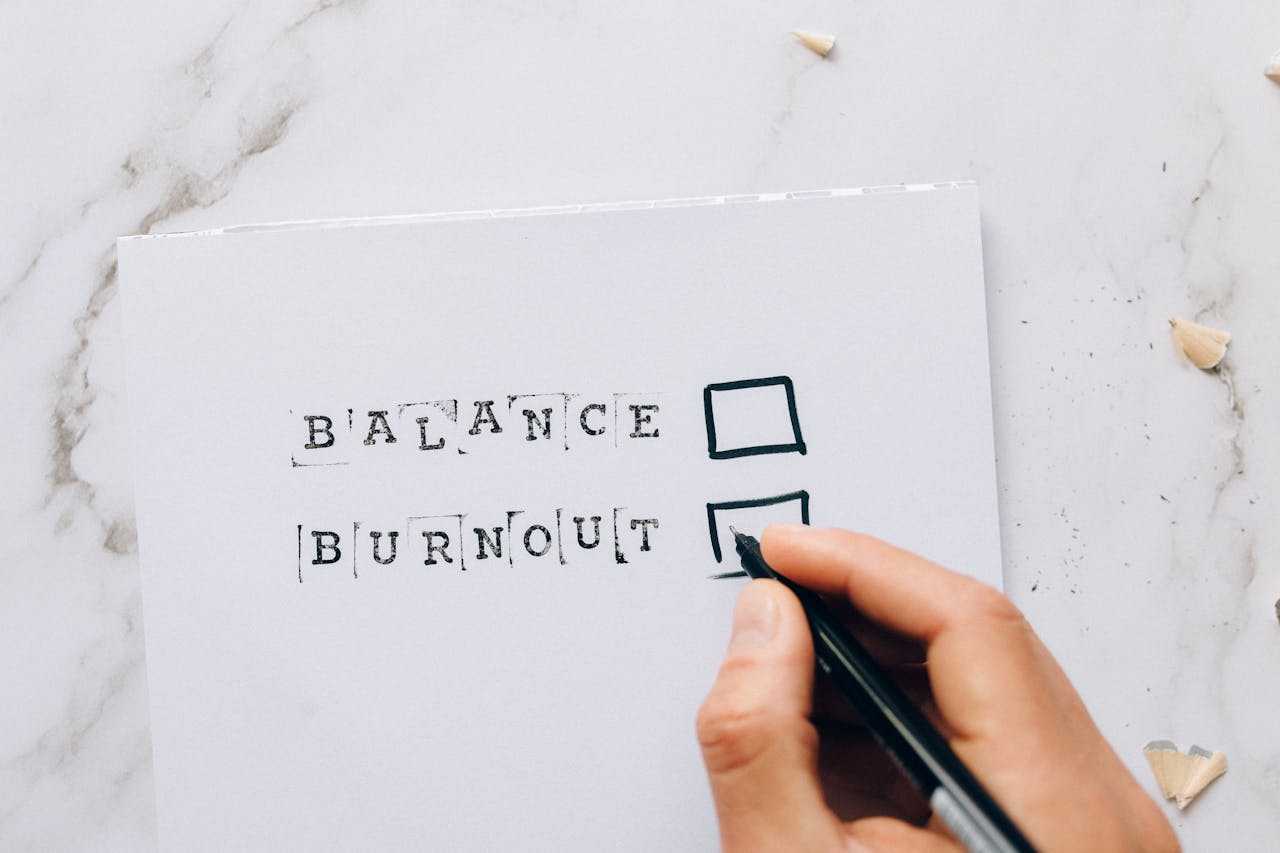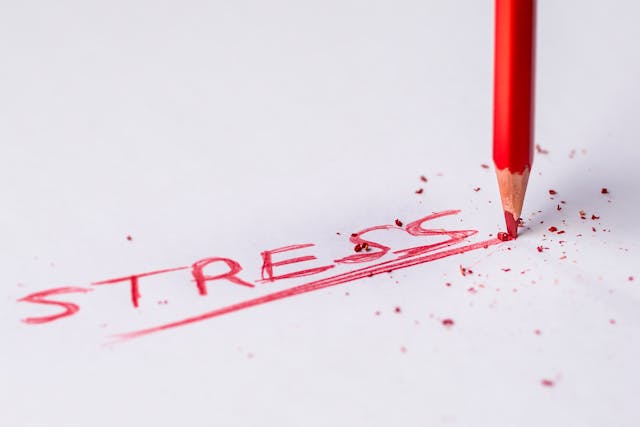Write Us: hello@ali5.org
The Truth About Work Burnout and Why It’s Hitting Sooner Than You Think
Feeling drained at work? You’re not alone. Burnout is hitting sooner, and harder, than ever. Learn what’s causing it and how to protect your energy and mental health.

Let’s stop sugarcoating it: burnout isn’t just a buzzword anymore. It’s the silent epidemic hiding behind those unread emails, late-night Slack messages, and the sinking feeling you get every Sunday night.
But what’s really changed? Why are people burning out faster in 2025 than they did just a few years ago? And more importantly, what can you actually do about it?
Let’s unpack the uncomfortable truth.
What Burnout Really Is (It’s Not Just Exhaustion)
Most people think burnout means being tired. But that’s only scratching the surface.
Burnout is a full-body, full-brain shutdown. It’s emotional exhaustion, a growing cynicism toward your work, and a sharp drop in performance. You’re not just tired, you’re detached, foggy, and wondering how you ended up here despite doing everything “right.”
According to the World Health Organization, burnout is now officially classified as a workplace phenomenon. That’s how widespread and serious it’s become.
Why Burnout Is Hitting Harder, and Sooner, in 2025
We’re in an era where work doesn’t end at 5 PM. For many, it doesn’t even end at home. You’re expected to be responsive, productive, and mentally sharp… always.
Here’s what’s accelerating burnout in 2025:
1. Always-On Culture
Remote work gave us flexibility, but it also erased boundaries. You wake up to work messages, check notifications over lunch, and answer emails at 11 PM, because you can. Because others are. And if you don’t, you feel guilty.
2. Productivity Pressure
Everyone’s trying to optimize everything. Your calendar. Your workouts. Your side hustle. There’s a constant push to do more with less. You’re not just working, you’re racing.
3. Economic Uncertainty
Inflation, layoffs, rising costs of living… all of it adds up. People feel replaceable. So they overperform to stay safe. The result? Chronic stress and eventual burnout.
4. Lack of Meaning
You can be busy and still feel empty. Many jobs in 2025 are highly digital and disconnected from real human impact. That lack of purpose takes a toll over time.
The Early Signs You Shouldn’t Ignore
Burnout rarely hits all at once. It creeps in. If you catch it early, you can course-correct before you hit a wall.
Watch for these red flags:
-
You feel drained, even after rest.
-
You dread Monday… by Friday afternoon.
-
Small tasks feel overwhelming.
-
You’re detached or irritable with coworkers.
-
You’ve lost motivation or pride in your work.
-
You fantasize about quitting daily.
If this sounds like you, don’t brush it off. This is your mind and body asking for help.
What You Can Actually Do About It
Let’s be real, telling someone to “just take a break” isn’t helpful when their job is on the line. The solution to burnout isn’t one-size-fits-all, but there are real steps that make a difference.
1. Set Boundaries (Even If No One Else Does)
Turn off Slack notifications after hours. Don’t check emails first thing in the morning. Let your coworkers know when you’re offline. You don’t need to be “available” to be valuable.
Boundaries protect your brain. Set them. Keep them.
2. Redesign Your Workday
Instead of cramming everything into one giant push, break your day into focused sprints with real breaks in between. Use tools like Pomodoro timers, time blocking, or calendar holds for deep work.
Your brain needs structure to thrive.
3. Have a ‘Why’ Beyond Your To-Do List
Reconnect with what actually matters. What’s the point of the work you do? Who are you helping? How does it serve your future goals?
If you can’t find meaning in the work, find meaning around the work, like saving up for something important or using your job to gain a stepping stone skill.
4. Talk to Someone (Seriously)
You don’t need to hit rock bottom to ask for help. Whether it’s a therapist, coach, or even a friend who gets it, talking things out gives your brain space to breathe.
Many companies now offer mental health benefits. Use them.
5. Rest Like You Mean It
Scrolling on your phone isn’t rest. Neither is collapsing on the couch after 12 hours of screen time.
Rest is intentional. Sleep. Nature. Silence. Joy. Make time for things that restore you. Don’t wait until burnout forces you to.
If You’re a Manager: Read This Twice
Burnout isn’t just a personal problem; it’s a cultural problem. And if you lead a team, your behavior sets the tone.
Do you message employees at all hours? Praise people for “going above and beyond” even when it’s unsustainable? Rarely take time off yourself?
Your team is watching. Model the boundaries and balance you want them to have. Burnout spreads fast in environments that reward overwork and ignore well-being.
Burnout Is a Signal, Not a Failure
Here’s the part that matters most: Burnout doesn’t mean you’re weak. It means the system around you is demanding more than it gives. You’re not broken, you’re human.
Recognizing burnout is the first step to reversing it. And the sooner you catch it, the faster you can reclaim your energy, your focus, and your sense of self.
Final Thought
In 2025, burnout isn’t rare; it’s rampant. But it’s not inevitable.
Whether you’re just starting to feel off or already deep in the fog, you have more control than you think. Start small. Draw the line. Take rest seriously. Protect your energy like your career depends on it, because it does.







